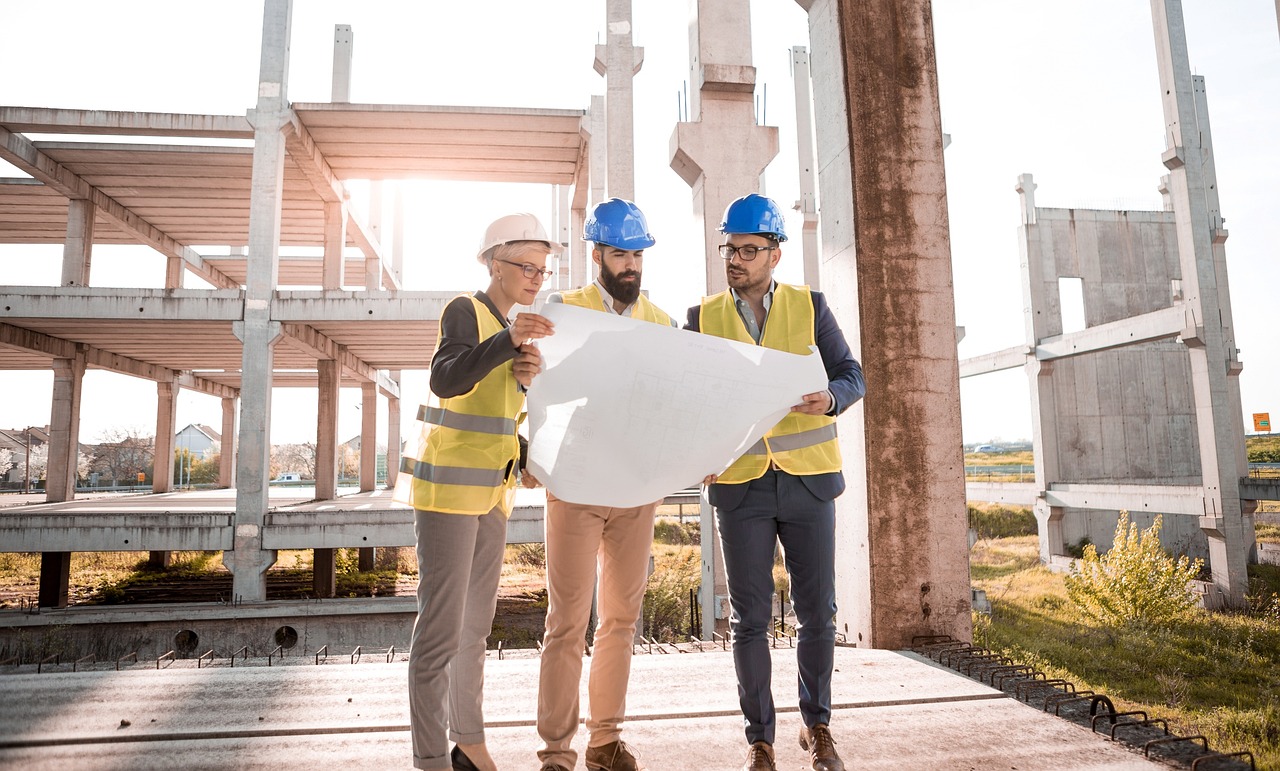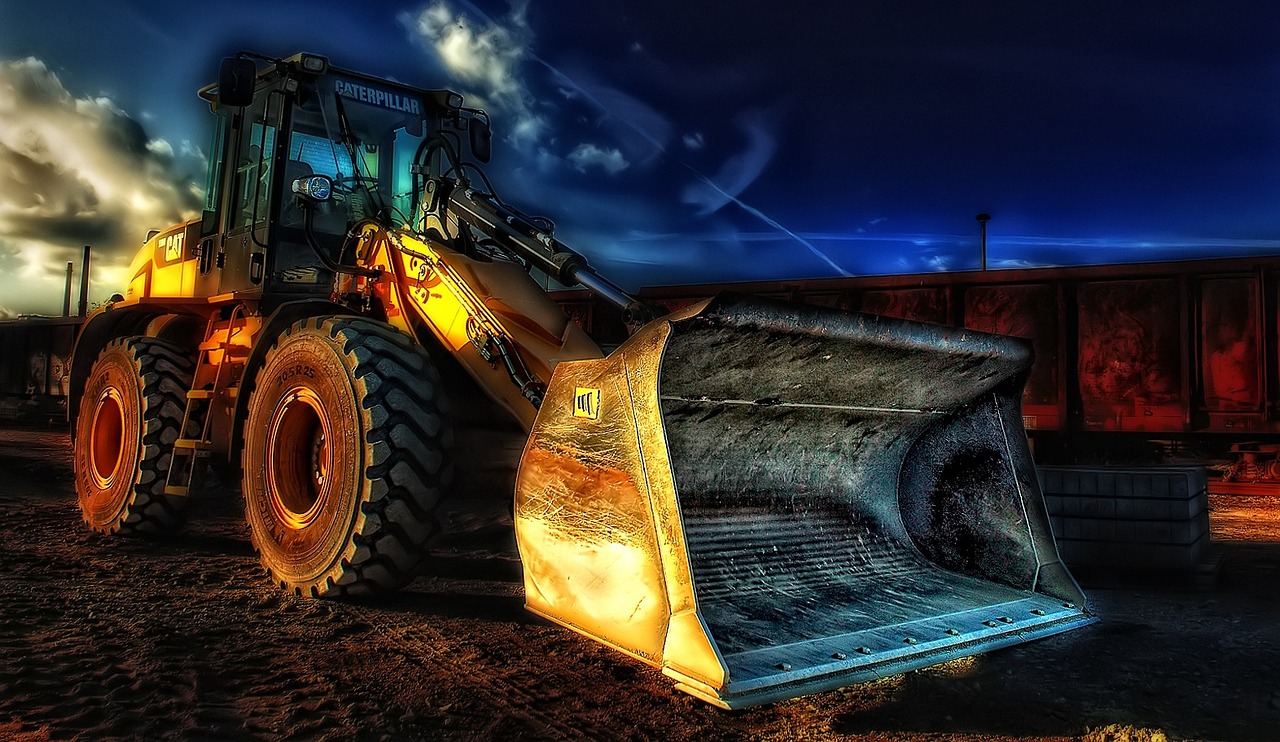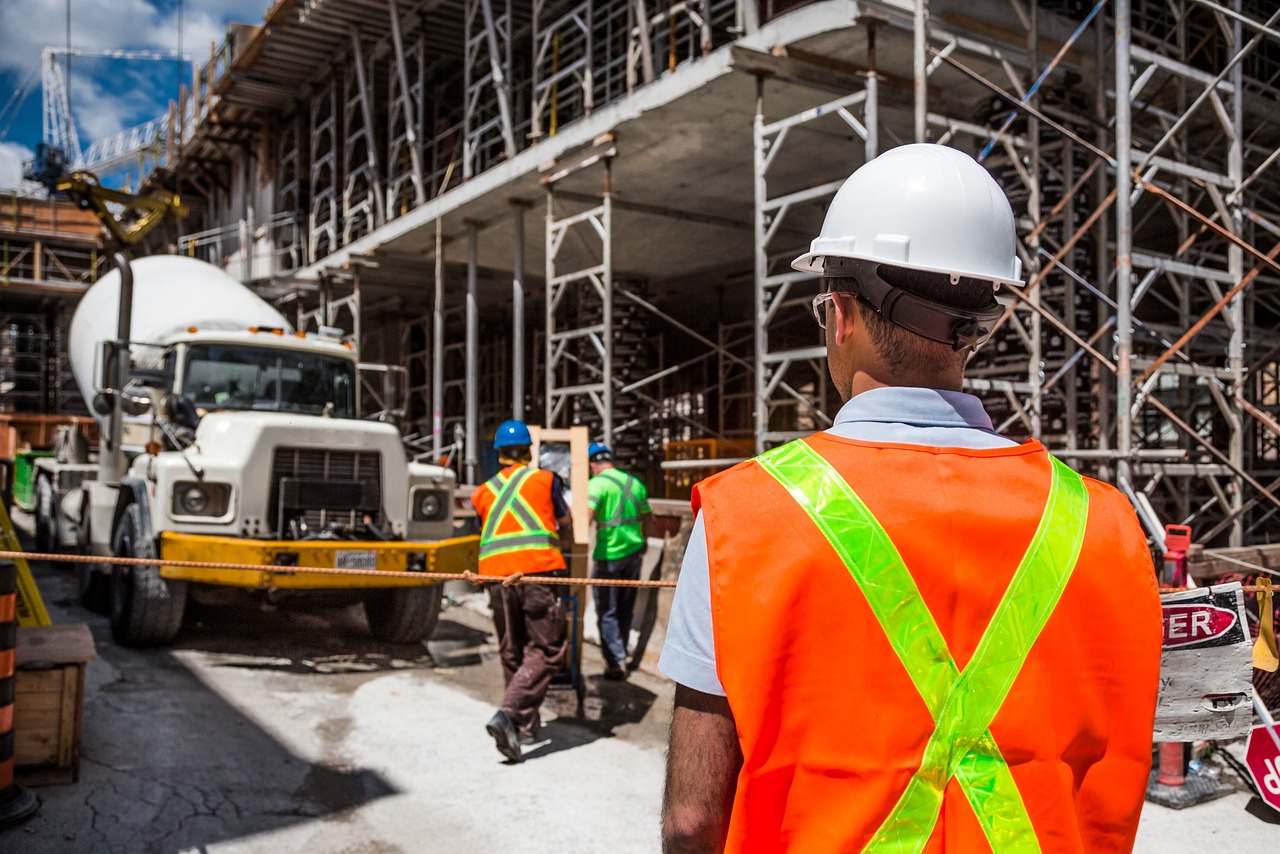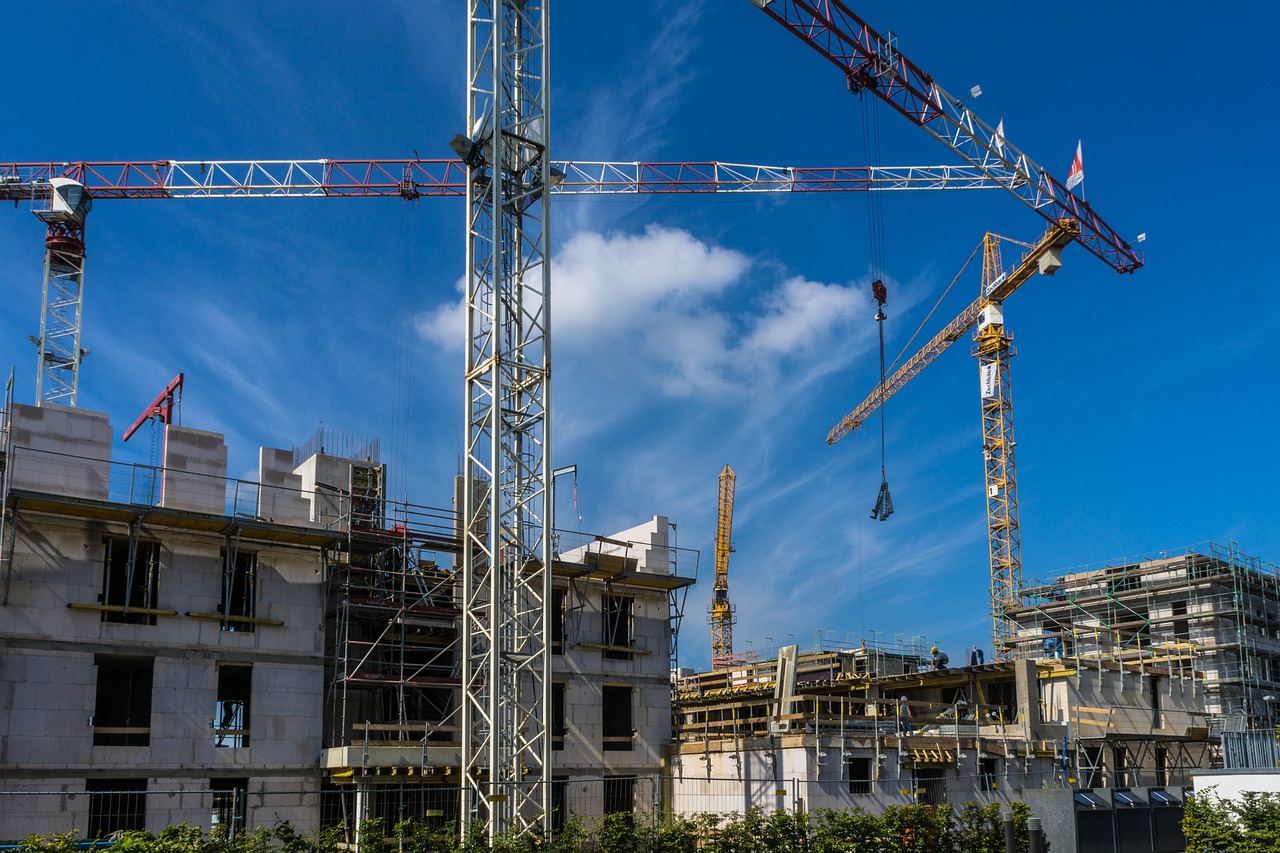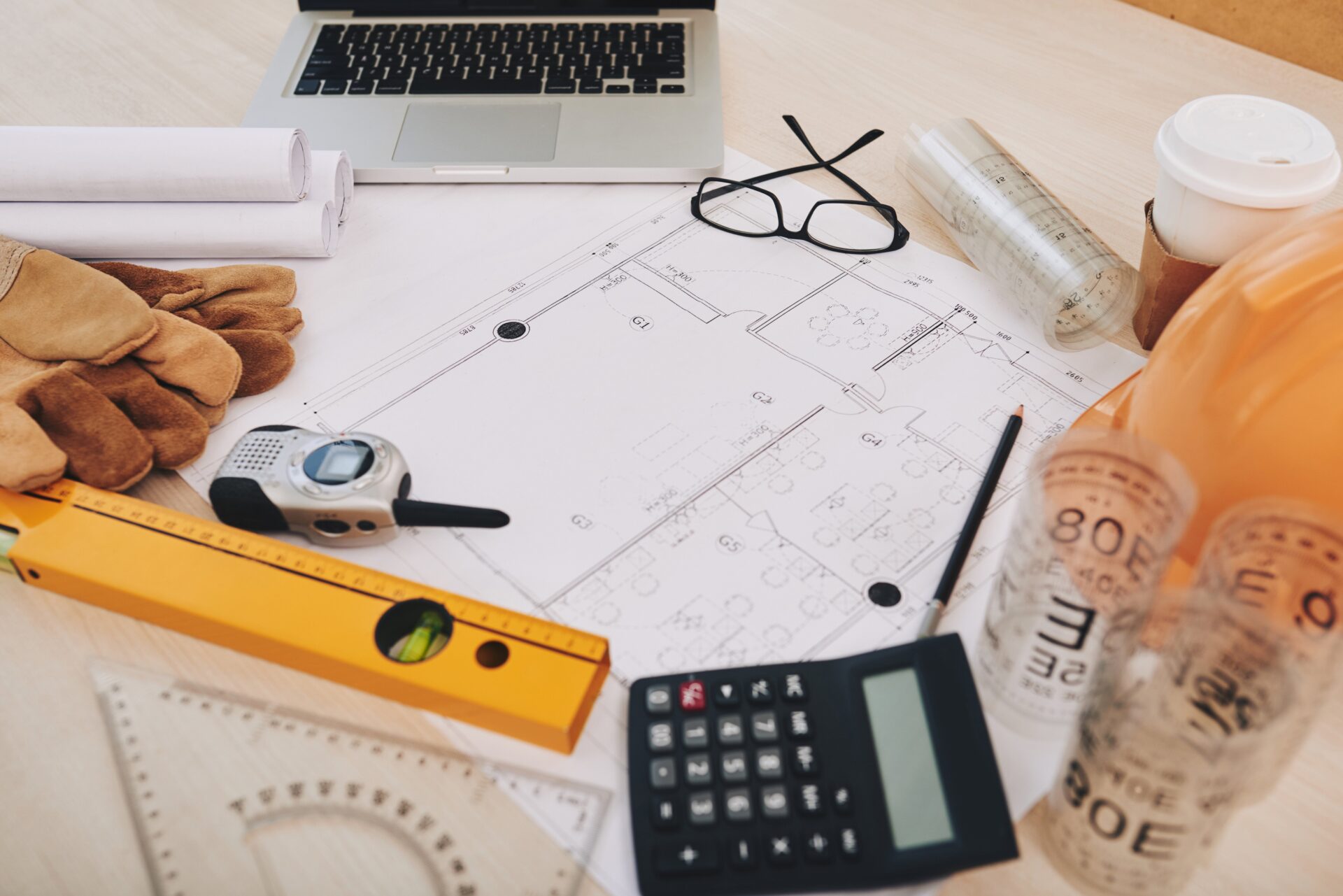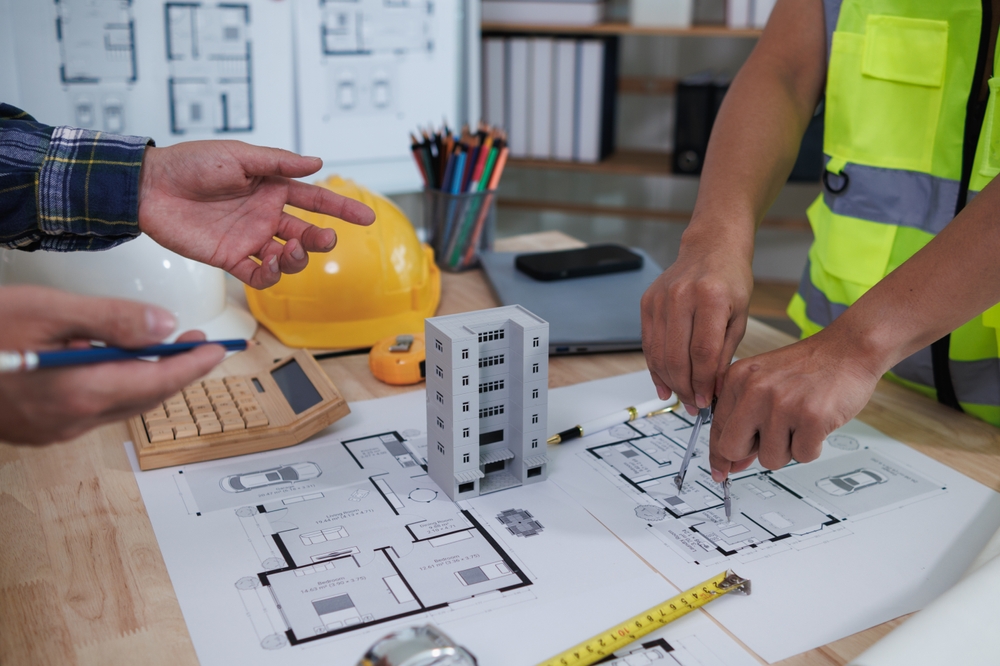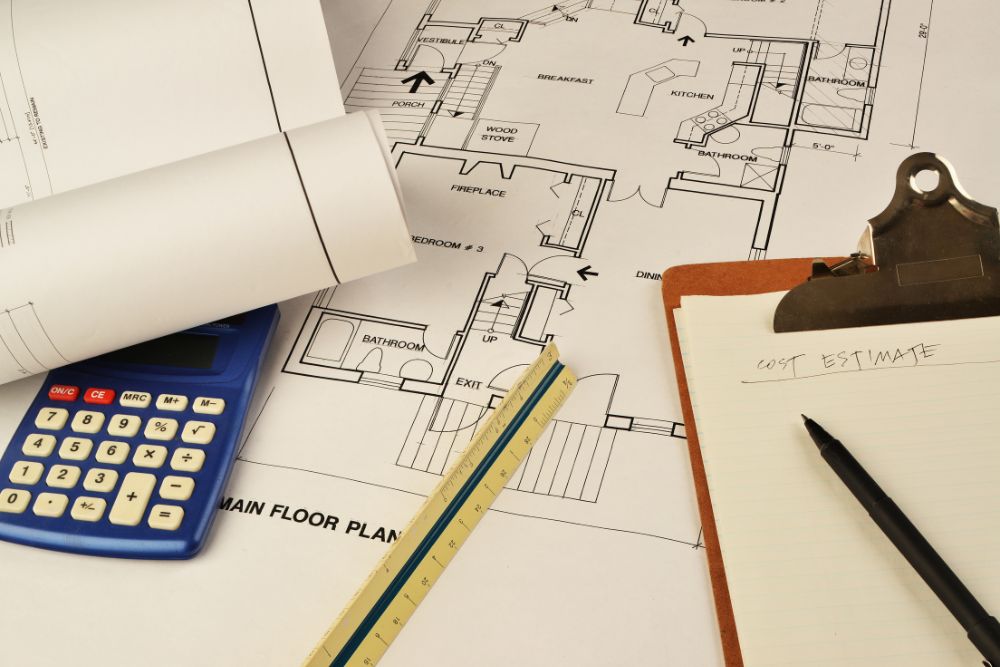Accurate cost estimation plays a vital role in every construction project, especially in masonry work. Many contractors and estimators often wonder how can improve accuracy in masonry cost estimation to avoid delays and budget issues. The answer lies in proper planning, detailed analysis, and the use of modern tools.
When your estimates are accurate, you can manage materials more effectively, control labor costs, and minimize waste. However, even small mistakes in pricing or quantity can cause significant problems later. That’s why it’s essential to focus on improving accuracy from the very beginning. In this blog, we will discuss practical ways to make your masonry cost estimation more precise and dependable.
What is Masonry Cost Estimation?
Masonry cost estimation is the process of calculating the total cost of a masonry project before construction begins. It helps plan the budget and determine the materials, labor, and equipment needed.
In simple terms, it’s about calculating all expenses involved in building with bricks, blocks, mortar, or concrete. For example, when constructing a brick wall, the estimator calculates:
- Number of bricks required
- Amount of mortar needed
- Labor and time required
- Tools and equipment costs
Accurate estimation prevents overspending, material shortages, and project delays, making construction smoother and more efficient.
How can Improve Accuracy in Masonry Cost Estimation?
Improving accuracy in masonry cost estimation ensures your project stays on budget and on schedule. Here’s how accurate estimates make a difference and what you can do to improve them:
- Ensures proper planning: It helps you determine exactly how much material and labor your project will require.
- Prevents shortages: If the estimate is too low, you might run out of supplies or face labor delays.
- Avoids overspending: If the estimate is too high, you could end up buying extra materials and wasting money.
- Saves time and money: Accurate estimates help the project stay on schedule and within budget.
- Improves efficiency: With the right resources planned, your team can work smoothly from start to finish.
Understand the Client’s Requirements
Every construction project is unique, whether it’s a small house, a commercial building, or a large complex. That’s why estimators need to understand the client’s needs and expectations before starting the masonry cost estimation.
A good estimator always involves the client in the process, as the client’s vision and priorities take precedence. During this stage, factors like design, architecture, finishes, and any special features should be discussed clearly.
When the client is involved from the beginning, it helps avoid confusion and costly changes later in the project. Simply put, understanding the client early ensures smoother progress and better results.
Know the Cost of Materials and Equipment
Accurate masonry cost estimation depends on knowing the current prices of materials, labor, and equipment. Market prices change often, so staying updated helps in creating realistic and accurate estimates.
Common Materials Used in Masonry
- Bricks
- Blocks
- Mortar
- Concrete
Other key factors:
- Labor: Skilled masons reduce errors and rework.
- Productivity: Estimate the time each task takes to avoid delays and ensure timely completion.
- Equipment: Modern tools and machinery improve efficiency and quality.
Even small price changes or inaccurate labor assumptions can significantly impact the total cost.
Include Waste and Allowances
Construction always involves some waste and extra usage. Breakage, spillage, or leftover mortar should be considered in your estimates.
- Add a percentage for material waste (commonly 5–10%).
- Factor in extra labor hours for unforeseen difficulties.
Include a small contingency budget for unexpected expenses like design changes or damaged materials. These allowances ensure your estimate is realistic and protects the project from surprises.
 Prepare for Unexpected Situations
Prepare for Unexpected Situations
Every construction project faces unexpected challenges. These could be sudden design changes, damaged materials, weather delays, or additional client requests.
That’s why it’s smart to include a contingency budget or extra allowance for hidden expenses. Even if your estimate seems perfect, things can still go off-plan.
Allocating a small budget for unexpected expenses acts as a safety net, protecting the project from financial issues and ensuring everything runs smoothly. Planning helps avoid stress later.
Verify Measurements On-Site
Accuracy improves when estimators check actual site conditions.
- Measure walls, openings, and foundations carefully.
- Compare plans with existing site conditions.
- Adjust quantities based on real measurements rather than relying solely on drawings.
This reduces errors and prevents costly adjustments during the construction process.
Use Digital Technology for Accurate Estimation
Technology has made construction estimating faster and more accurate. Using digital estimation software instead of manual methods reduces human error and saves time.
Popular tools include:
- Bluebeam
- FastDuct
- FastPipe
These programs help estimators calculate material quantities, labor hours, and costs with precision. They also make it easier to update or adjust estimates when needed.
If you still rely on manual calculations, it’s time to switch to digital tools. They improve accuracy, boost productivity, and help you deliver more professional and reliable estimates.
Double-Check Your Estimates
Accurate estimates can make or break a project, so even with the best tools and data, taking the time to review your numbers carefully is crucial.
- Verify quantities, material costs, and labor assumptions: Small errors can affect the total cost.
- Get a second opinion: For large or complex projects, having another estimator review your calculations can catch overlooked mistakes.
- Confirm allowances and contingencies: Ensure that waste, productivity adjustments, and contingency budgets are accurately included.
- Review before finalizing: A careful final check increases confidence in your estimate and helps prevent costly surprises on-site.
FAQs
How Do You Ensure Accuracy In Your Cost Estimates?
To ensure accuracy, start by carefully planning and reviewing all project details. Check material quantities, labor costs, and equipment requirements. Include waste and contingencies for unexpected issues. Finally, double-check calculations and utilize digital estimation tools to minimize errors and enhance reliability.
What Are The Factors Affecting The Accuracy Of Cost Estimation?
Accuracy depends on several key factors. First, the quality of project plans plays an important role. Next, current material and labor costs must be taken into account. Site conditions and accurate measurements also affect precision. Additionally, waste allowances, the estimator’s experience, and unexpected changes in design or client requirements can impact the accuracy of cost estimates.
What Is The Difference Between Cost Planning And Cost Estimating?
Cost planning focuses on setting a budget and controlling costs throughout a project. It helps manage spending and ensures the project stays within financial limits. Cost estimating calculates the likely costs of materials, labor, and equipment before construction. While estimating predicts costs, planning monitors and controls them.
Which Of The Following Estimation Techniques Is Highly Accurate?
The detailed or bottom-up estimation technique is highly accurate. It calculates costs by breaking the project into smaller tasks and estimating each individually. This approach considers materials, labor, equipment, and allowances, reducing errors and giving a precise and dependable overall cost estimate.
What Are The Six Steps In Cost Estimation?
The six steps are simple. First, understand the project requirements. Then, check all drawings carefully. Next, list all materials, labor, and equipment needed. After that, assign accurate costs, including waste and contingency allowances. Finally, review and finalize all calculations.
Conclusion
Understanding how can improve accuracy in masonry cost estimation is key for any construction project. Accurate estimates help plan more effectively, control materials and labor costs, and minimize waste. By reviewing project requirements, using current prices, factoring in allowances, and leveraging digital tools, you can ensure your project stays on time and within budget.
Focus on accuracy from the start to meet client expectations. Take control of your construction costs today. Contact Prime Estimation for professional, reliable, and precise masonry cost estimating services.

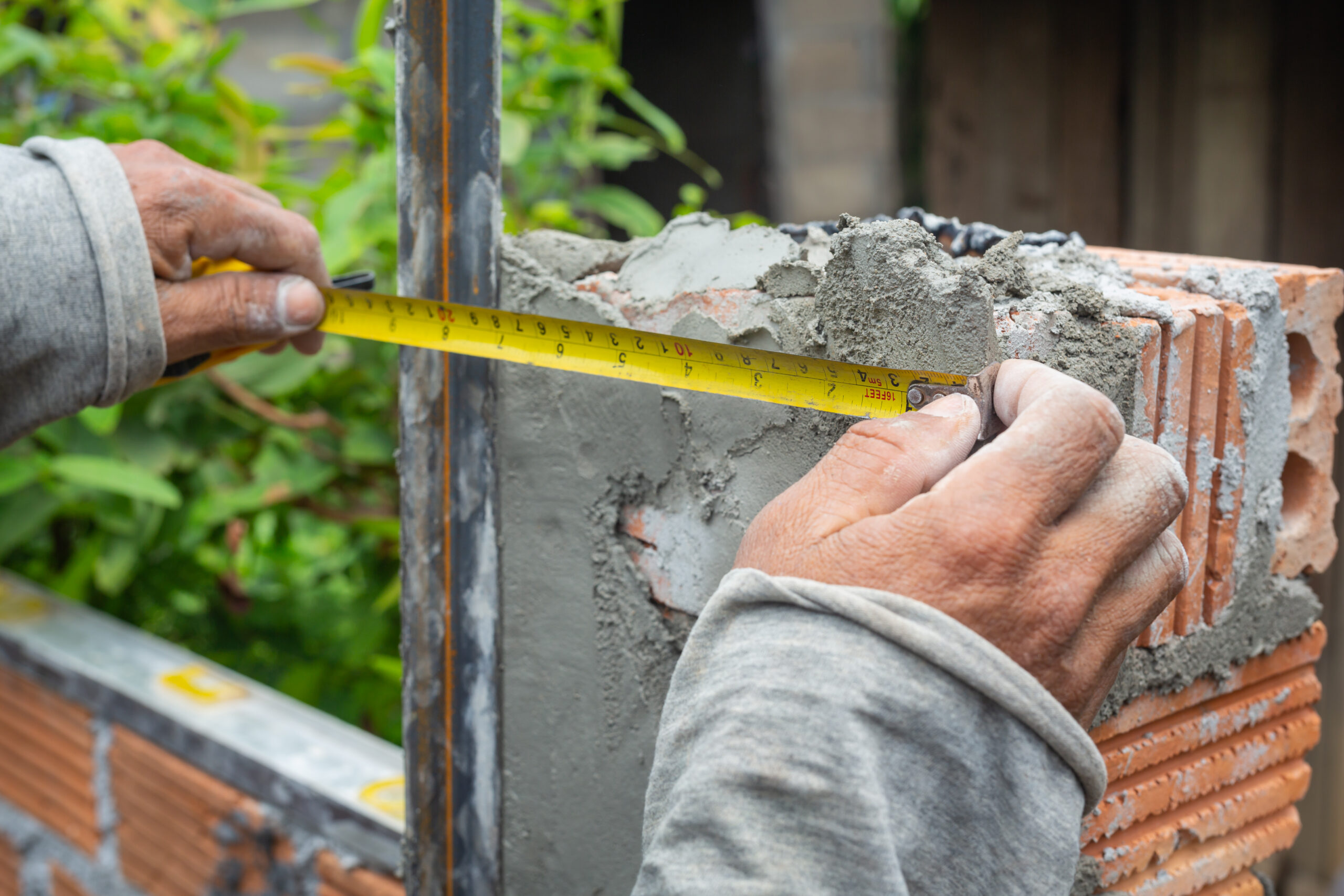
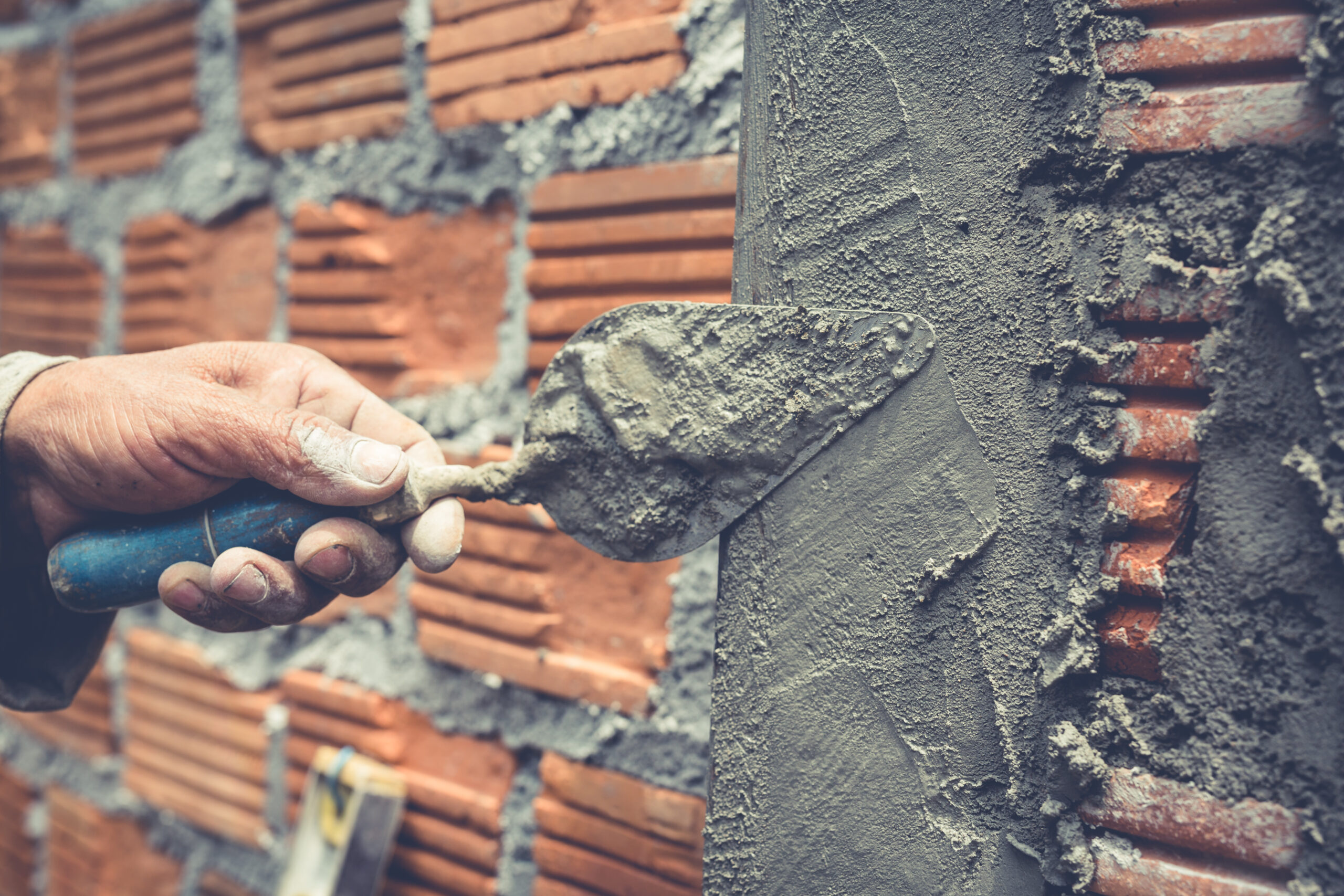 Prepare for Unexpected Situations
Prepare for Unexpected Situations